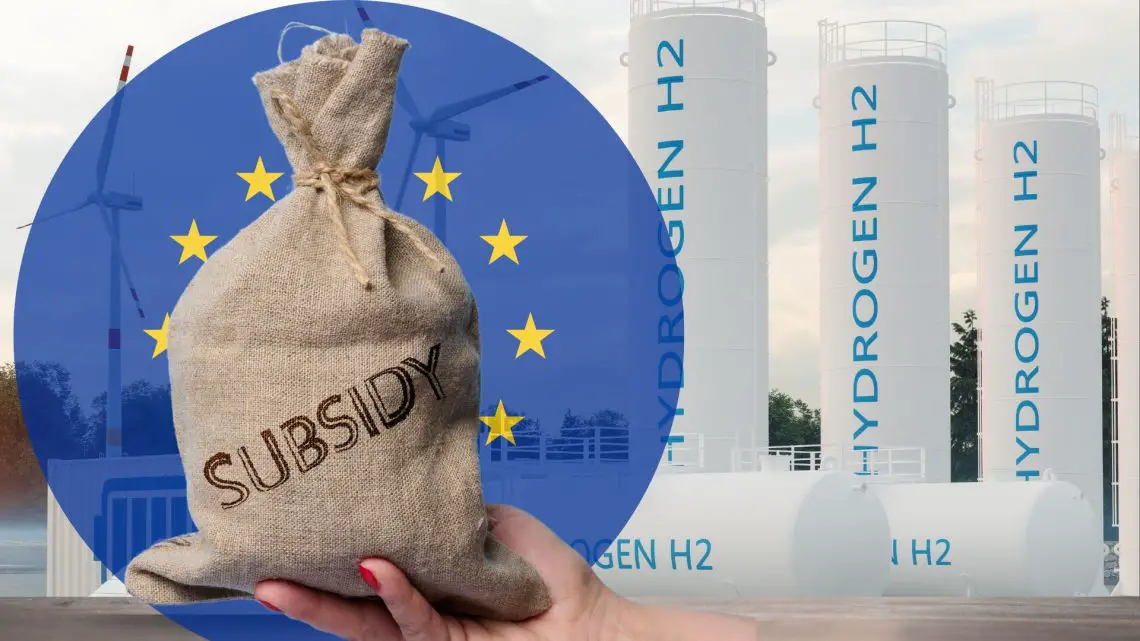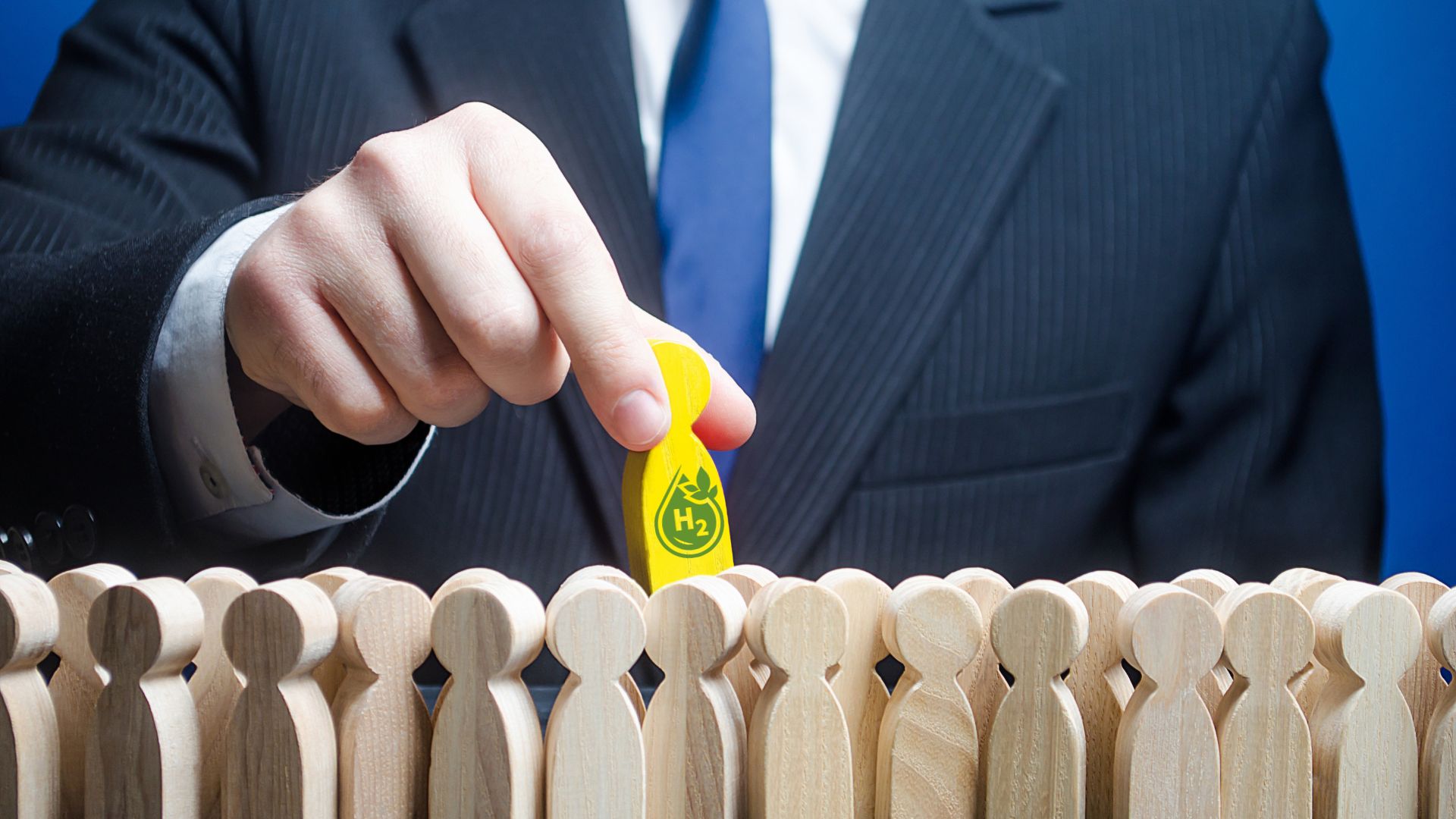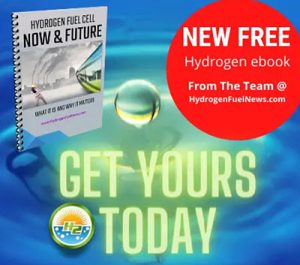
Europe stiffens hydrogen fuel subsidy regulations in face of cheap Chinese imports
September 11, 2024The European Commission is working on forming tighter rules as local industries call for support
The European Commission has launched efforts to create stiffer regulations to make certain that hydrogen fuel subsidies provide benefits to European companies, following an outcry from local industries with respect to inexpensive Chinese imports, said the head of the EU’s climate change policy.
The EU intends to launch more H2 project funding this month
The changes to the funding for green hydrogen fuel projects that will be rolled out this month are occurring as Brussels works to rev up the local H2 production industry.
At the same time, the EU is also working to tighten its position when it comes to other forms of green tech being imported from China. They have already imposed new tariffs on electric vehicles, which it said had been obtaining benefits from excessive subsidies.
Electrolyzer manufacturers in Europe have called for support as they said that it is impossible for them to compete with cheaper Chinese producers. As these machines are critical to the process of producing renewable H2, they are also core to the EU’s strategy for producing some of its own clean H2.
The industry has been seeking greater protection for its clean hydrogen fuel production
The industry has asked for additional criteria to the regulations to protect local companies in the Hydrogen Bank funding strategy. Wopke Hoekstra, the climate commissioner for the EU, has said that these changes are already in the works.
“The next auction will be different. We will have explicit criteria to build European electrolyser supply chains,” explained Hoekstra while speaking in the Netherlands at the Eindhoven University of Technology.
Attempting to boost the sense of security
“If European cybersecurity and safety cannot be guaranteed, if the data of our people and our companies cannot be guaranteed, companies cannot get support,” added Hoekstra, who also pointed out that though there is a solid presence of electrolyzer manufacturing in Europe, China has already been oversupplying the market, and it has been doing so at substantially cheaper prices.
guaranteed, companies cannot get support,” added Hoekstra, who also pointed out that though there is a solid presence of electrolyzer manufacturing in Europe, China has already been oversupplying the market, and it has been doing so at substantially cheaper prices.
Hoekstra said that while the hydrogen fuel production subsidy criteria has not yet been finalized, it may include additional requirements for the work to be completed within the EU. Alternately, it could create a cap on the dependence a project may have on countries outside the European Union.



 With over 15 years of reporting hydrogen news, we are your premier source for the latest updates and insights in hydrogen and renewable energy.
With over 15 years of reporting hydrogen news, we are your premier source for the latest updates and insights in hydrogen and renewable energy.
Defending the European markets from unfair competition from China is important, but the building of the infrastructure of operational fuel cell grade hydrogen filling stations is even more important, especially to accelerate the conversion of the fleets of heavy vehicles and trains, which will take many years to complete. There is a tendency in Europe and especially in the UK, to concentrate supporting the production of fossil carbon free hydrogen, but little support to develop the infrastructure to deliver it to consumers.